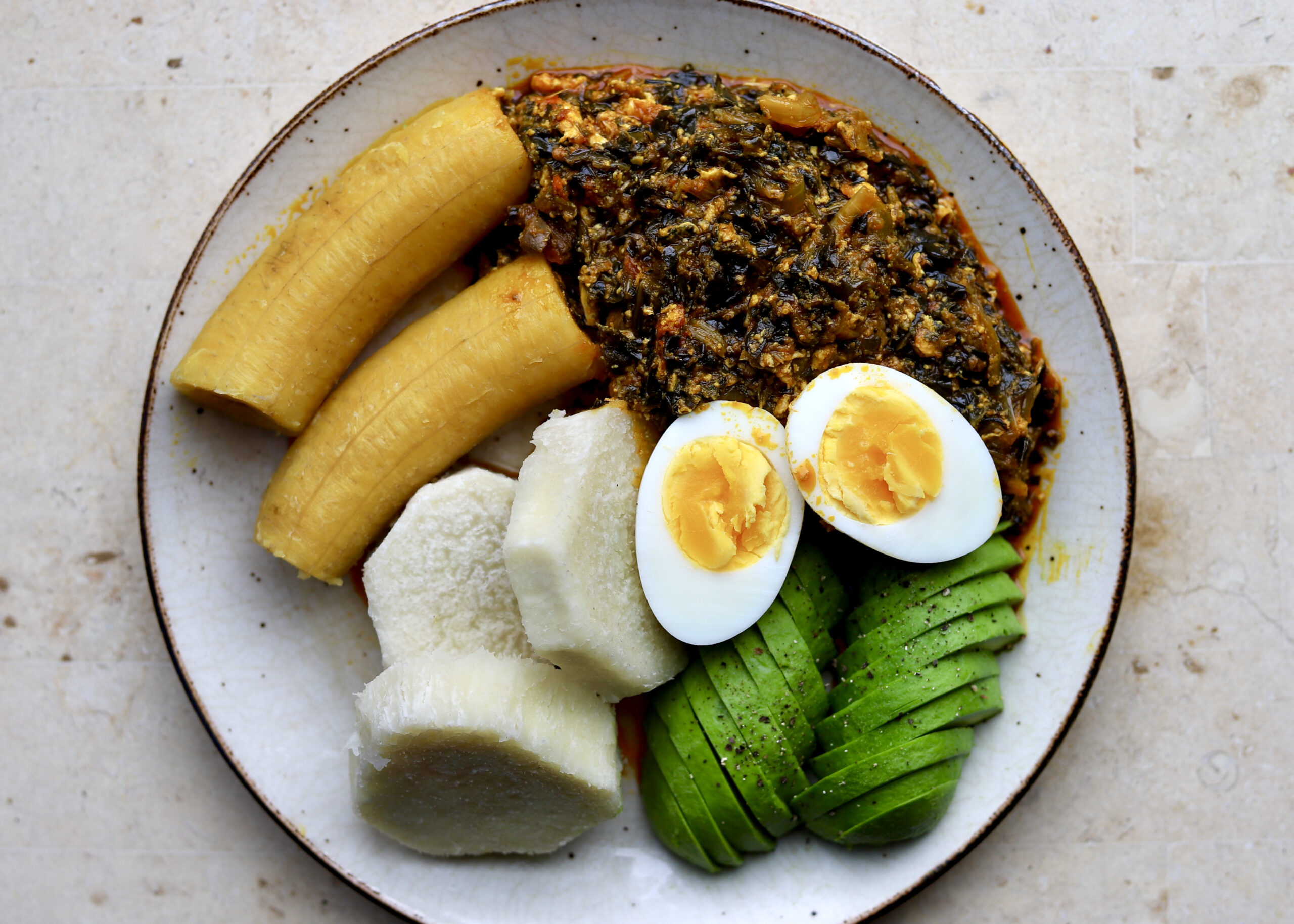Africa’s culinary heritage is deeply rooted in the humble tuber, a category of underground vegetables that have sustained communities for centuries. From the verdant fields of West Africa to the tropical belts of Central and Eastern regions, tubers such as yams, cassava, sweet potatoes, and taro have long been celebrated for their versatility, resilience, and rich nutrient profiles. Beyond their cultural significance, these starchy staples offer an array of vitamins, minerals, and dietary fibers that support balanced diets and promote overall health.
Yams stand out among Africa’s tubers for their slightly sweet flavor and firm, starchy texture. Revered across the continent, yams can be boiled until tender, roasted to develop caramelized edges, or mashed into smooth purées. Their ability to absorb spices and seasonings makes them an ideal base for both savory stews and sweet confections.
Nutritionally, yams are a potent source of vitamin C, potassium, and dietary fiber, nutrients that bolster immune function, regulate blood pressure, and support healthy digestion. This adaptability has cemented yams as a centerpiece in countless traditional and contemporary recipes.

Cassava offers a naturally gluten-free alternative to wheat-based flours, making it increasingly popular among those seeking grain-free options. Indigenous to South America but now ubiquitous in African agriculture, cassava roots are processed into versatile forms such as farinha (toasted flour), tapioca pearls, and garri; a fermented, coarse flour used in porridges and doughs.
High in carbohydrates and low in fat, cassava provides sustained energy, while also delivering essential micronutrients like vitamin C and manganese, which contribute to collagen synthesis and bone health. Its neutral taste allows it to thicken soups and sauces without overshadowing other flavors.
Sweet potatoes brighten African tables with their vibrant orange flesh and natural sweetness. When baked or steamed, they transform into hearty side dishes or silky purées that complement spicy and savory mains. Packed with beta-carotene, a precursor to vitamin A, sweet potatoes support vision health and bolster skin integrity.
Their fiber content slows carbohydrate absorption, aiding in blood sugar management and promoting a feeling of fullness. Whether incorporated into hearty soups or simply seasoned with herbs, sweet potatoes marry nutrition with comfort in every bite.
Taro brings an exotic twist to the family of African tubers. Recognizable by its rough, brown skin and pale, creamy flesh, taro must be peeled and cooked thoroughly to neutralize inherent irritants. Once prepared, its nutty flavor and slightly sticky texture enhance stews, curries, and even fried snacks.
Taro’s complex carbohydrates digest more slowly than those in many other root vegetables, providing a steady supply of glucose without rapid spikes in blood sugar. Rich in dietary fiber and resistant starch, taro also fosters a healthy gut microbiome, further supporting digestive wellness.
Incorporating these traditional tubers into everyday meals not only honors Africa’s agrarian heritage but also delivers tangible health benefits. As climate-resilient crops, yams, cassava, sweet potatoes, and taro can thrive under challenging conditions, offering reliable food security for millions.
Their diverse textures and flavors invite culinary creativity, whether reimagined in modern fusion dishes or celebrated in time-honored recipes. Embracing these underground gems enriches our diets, strengthens communities, and cultivates a deeper appreciation for the foods that grow beneath our feet.




